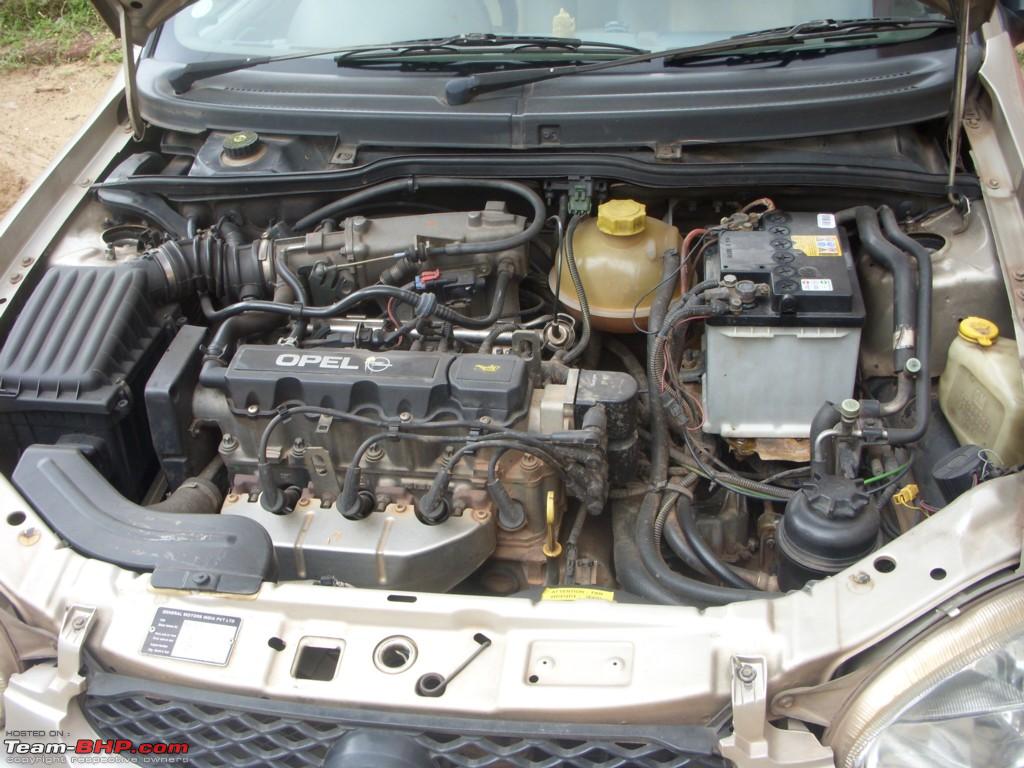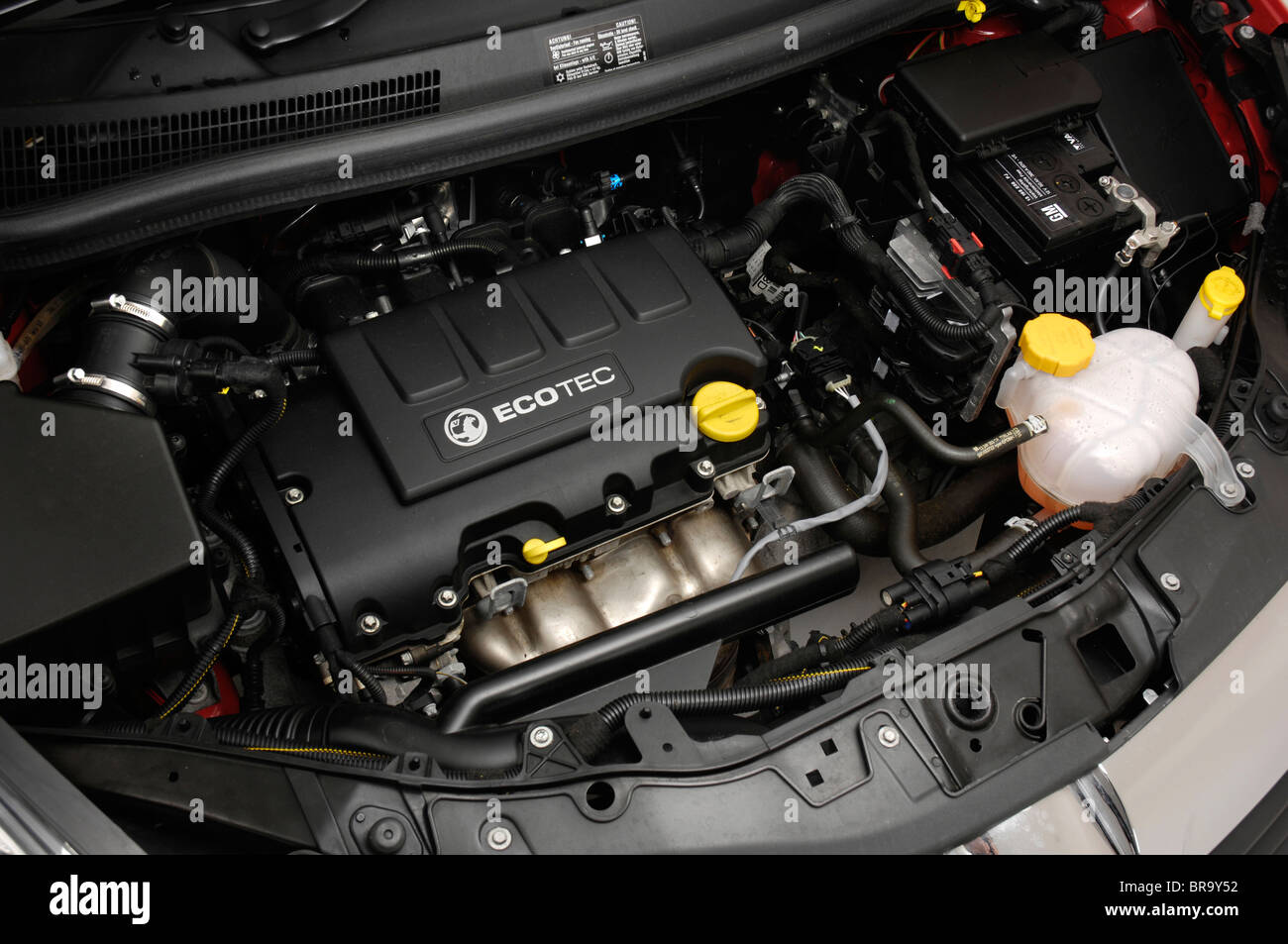Engine Acquiring Specialist Tips on Picking the Right Engine for Your Particular Requirements
Selecting the right engine for your particular requirements entails a complex interaction of variables that go past plain horsepower figures. By delving into the ins and outs of power versus performance, evaluating gas scores, and budgeting for lasting prices, one can absolutely enhance their engine option.
Power Vs. Performance: Locating the Equilibrium
When picking an engine, it is critical to strike an equilibrium between power and performance to satisfy your certain demands effectively. Power describes the engine's ability to create power for propulsion, identifying factors like velocity, pulling capacity, and general performance - Opel Corsa 1.4 Engine Price. On the other hand, performance connects to how well the engine makes use of gas to create power, affecting factors such as fuel economy and environmental kindness
Accomplishing the right equilibrium in between power and effectiveness is crucial due to the fact that an engine that is as well powerful may consume too much fuel, bring about higher operating prices and unneeded pressure on the environment. On the other hand, an engine that focuses on efficiency over power might result in slow performance, particularly in demanding circumstances like lugging hefty tons or driving uphill.
To make a notified choice, take into consideration aspects such as your common driving conditions, the designated use the vehicle, and your individual choices. By reviewing your priorities and requirements, you can select an engine that strikes the best balance in between power and efficiency, ensuring ideal efficiency while lessening environmental impact and operating expense.
Comprehending Engine Dimension and Kind
To further fine-tune the option process of an engine that strikes the optimum balance between power and efficiency, it is vital to look into the complexities of understanding engine size and kind. Engine dimension describes the complete quantity of air and gas that can be pressed through the engine cylinders. It is typically gauged in litres or cubic centimeters. Larger engine sizes generally result in more power result however can also result in lowered gas effectiveness. On the various other hand, smaller engine sizes are frequently extra fuel-efficient but might give up some power.
Common engine types consist of inline engines, V engines, and rotary engines, each with its distinct advantages and downsides. Understanding the interaction between engine size and kind is vital in picking an engine that aligns with your particular requirements and priorities, whether it be power, performance, or an equilibrium of both.

Consider Your Vehicle's Needs
If you are looking for an engine for a durable truck that will certainly be used for towing, you will need an effective engine with high torque capacities. On the various other hand, if you are picking an engine for a compact cars and truck primarily utilized for city commuting, fuel efficiency may be an extra critical aspect to take into consideration.
Furthermore, the surface on which the car will primarily run need to affect your engine selection. A durable engine with excellent climbing up power will be needed if you regularly drive in mountainous or uneven locations. On the other hand, for flat surfaces, a much more fuel-efficient engine may be adequate. By aligning the engine specs with your automobile's demands, you can make certain that your lorry operates efficiently and fulfills your efficiency assumptions.
Assessing Gas Effectiveness Ratings
Assessing gas efficiency scores is an important element of picking the right engine for your lorry, guaranteeing expense financial savings and ecological sustainability. Gas effectiveness scores, normally determined in miles per gallon (MPG) for gasoline engines or kilowatt-hours per 100 miles (kWh/100 miles) for electrical engines, show exactly how far a vehicle can view travel on a specific amount of gas or electricity. Greater MPG or reduced kWh/100 miles worths indicate extra efficient engines, equating to lowered gas costs and lower carbon emissions.
When examining gas efficiency ratings, consider your driving routines and needs. If you commute cross countries daily, an extremely fuel-efficient engine can result in substantial cost savings with time. Additionally, compare different engine alternatives within the exact same lorry class to recognize one of the most economical choice. Factors such as engine size, weight, aerodynamics, and hybrid or electric abilities can all affect fuel efficiency.
Budgeting for Long-Term Expenses
Purposefully preparing for lasting costs is crucial when choosing an engine, making certain economic sustainability over the car's life-span. While the initial acquisition rate of an engine is a considerable element, it is critical to think about the lasting prices connected with upkeep, repair services, and gas intake.
Moreover, looking into the availability and cost of replacement parts for the selected engine is essential in spending plan preparation. Engines with affordable and readily offered parts can substantially influence long-lasting upkeep expenses. Furthermore, considering the engine's toughness and anticipated lifespan can assist stay clear of unanticipated substitute prices in the future. By thoroughly budgeting for these long-term costs and factoring them right into the decision-making procedure, individuals can choose an engine that not only satisfies their immediate demands however additionally remains economical throughout its life-span.
Final Thought
Finally, choosing the appropriate engine for your certain demands needs balancing power and efficiency, understanding Check Out Your URL engine dimension and type, considering your automobile's demands, examining gas effectiveness scores, and budgeting for long-lasting expenses. By carefully taking into consideration these factors, you can make sure that you select an engine that meets your needs and supplies optimal efficiency for your car.
To further improve the selection process of an engine that strikes the optimal balance between power and performance, it is crucial to delve into the intricacies of comprehending engine size and type. Engine dimension refers to the complete quantity of air and gas that can be pressed via the engine cyndrical tubes. Common engine types include see it here inline engines, V engines, and rotary engines, each with its one-of-a-kind benefits and disadvantages. Understanding the interaction between engine size and kind is essential in choosing an engine that lines up with your details needs and concerns, whether it be power, effectiveness, or an equilibrium of both.

Comments on “Introducing Opel Corsa 1.4 Engine Price Uses: Your Source for Costs Car Parts”